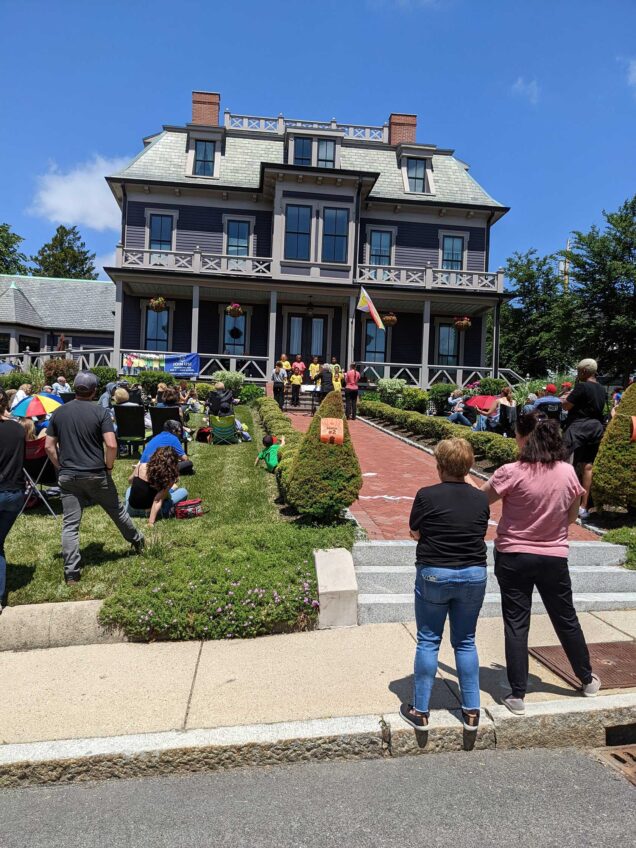‘The Gilded Years’
Novel highlights first African American graduate of Vassar, Anita Hemmings
In 1897, a young black woman from Roxbury named Anita Hemmings made history. She was the first African American to graduate from Vassar College. But until she received her diploma, no one knew.
Karin Tanabe’s fascinating new novel, “The Gilded Years,” tells the story of Hemmings’s four-year racial deception and the waves that it made when she was found out. Tanabe’s book brings honor and awareness to the scholar’s triumph that is a hundred years overdue.
“I think women, especially women of color, are excellent candidates for historical fiction,” says Tanabe. “They do some incredible things that are often overlooked.”
Hemmings’s parents were both mixed-race African Americans with very light complexions. They worked humble jobs in Roxbury, her mother running a boarding house and her father as a coachman. At the time, only a handful of colleges accepted black students, and even then it was only one or two per year. Hemmings applied to Vassar as white and created an elaborate backstory in which her parents were wealthy and she had enjoyed a prosperous upbringing.
“She wasn’t just intelligent, but ballsy,” says Tanabe.
Anita Hemmings was playing a dangerous game during a time when African Americans were still at substantial risk of physical harm and social isolation.
Tanabe didn’t just gravitate towards Hemmings’s story as a Vassar alumnus.
“I could identify with her as a woman of color,” says Tanabe.
During her time at school, rumors circulated about Hemmings’s heritage because of her skin and her straight black hair. Tanabe — who is half Japanese, half Belgian — continues to experience similar questions.
The story is historical fiction. Although based on a true account, Tanabe only could pull together 30 pages of concrete information on Hemmings. Not only was it unusual for an African American woman to be documented at that time, but Hemmings was actively concealing her identity and undoubtedly destroyed any remnants of her true history. Tanabe did extensive research on life at Vassar during that era to fill in the gaps about what Hemmings might have lived through.
On the web
“The Gilded Years: A Novel” (New York: Simon and Schuster / Washington Square Press, June 2016) www.amazon.com/Gilded-Years-Novel-Karin-Tanabe/dp/1501110454
“The Gilded Years” is a story of triumph, a story about the unending determination and strong work ethic characteristic of the Roxbury community. Hemmings fought against all the odds — her race, her gender, her class — and she won. Years later, her daughter became the second African American to graduate from Vassar, also passing as white.
Tanabe hopes that “The Gilded Years” will remind people that perseverance and grace can trump ignorance. “It would’ve been tragic if this woman’s story stayed in such a small community,” she says.






